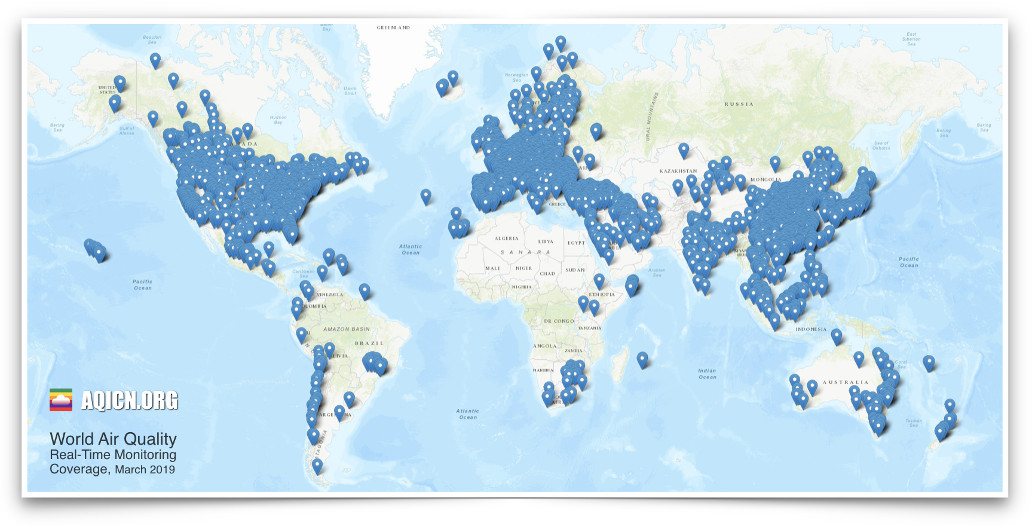
Projekt Światowy Indeks Jakości Powietrza jest projektem non-profit rozpoczętym w 2007 roku. Jego misją jest promowanie świadomości obywateli na temat zanieczyszczeń powietrza oraz dostarczanie jednolitych i ogólnoświatowych informacji o jakości powietrza.
Projekt zapewnia przejrzyste informacje o jakości powietrza dla ponad 130 krajów, obejmujące ponad 250 000 stacji monitorowania jakości powietrza w 2000 dużych miastach, za pośrednictwem dwóch stron internetowych: aqicn.org i waqi.info .
Zespół założycielski składa się z kilku autorów zajmujących się naukami o środowisku, inżynierią systemów, nauką o danych, a także projektowaniem wizualnym. Zespół rozwija się na całym świecie, zdobywając nowych kluczowych kibiców z Chin, Singapuru, Indii, Australii, USA.
Projekt ma charakter społeczny. Jednak pomimo szerokiego zasięgu, nigdy nie otrzymała żadnego finansowania publicznego. Nasze dochody, głównie z reklam internetowych, a także naszych stacji monitorowania jakości powietrza GAIA , są wykorzystywane na pokrycie kosztów infrastruktury chmury i hostingu.
Projekt stale poszukuje wsparcia ze strony kolejnych autorów.
Otrzymał obecnie aktywne wkłady od ponad 16179 obywateli z 138 krajów


